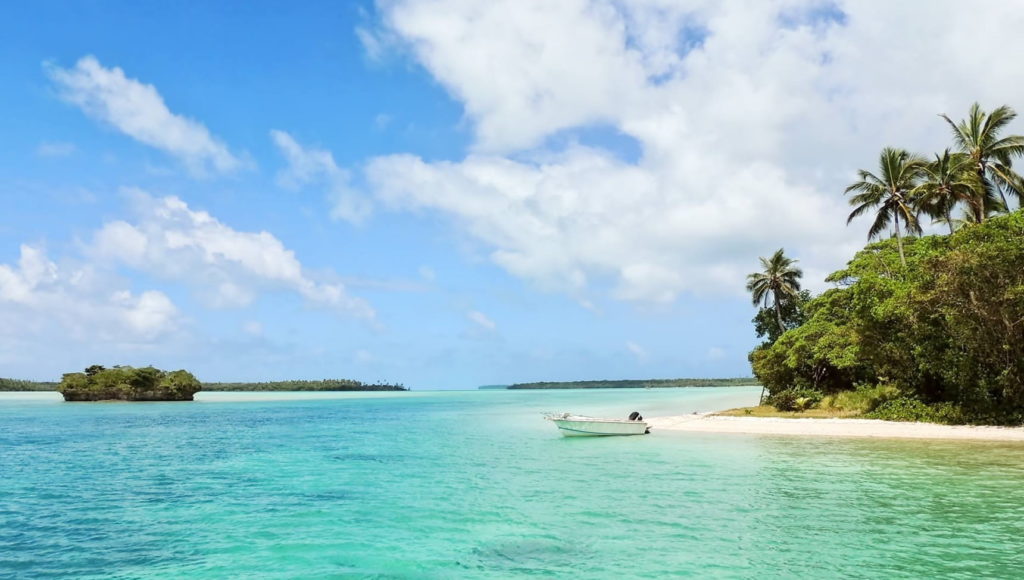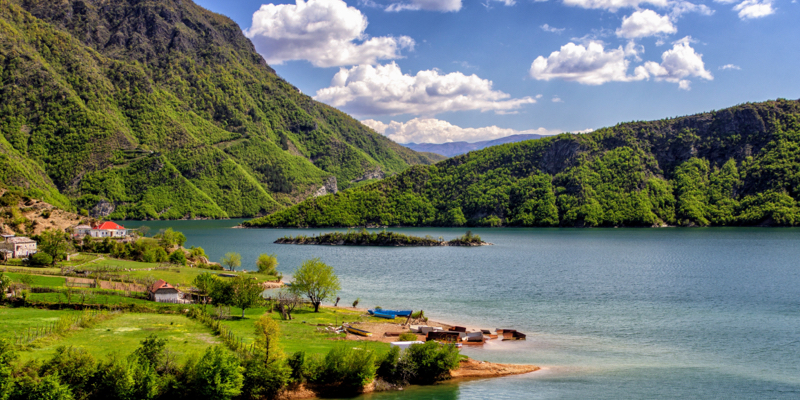- Sector : Sustainable Agriculture
- Location : Brazil

Overview
The Subnational Climate Fund (SCF) is providing technical assistance to a 7,000-hectare palm and cacao agroforestry initiative in Pará, Brazil. The agroforestry project aims to convert primarily degraded cattle pasture into productive agroforestry systems, with two operational models: a commercial farming scheme and an outgrower scheme involving local farmers. The project aims to sequester 4–7 tons of CO₂ per hectare annually and to support up to 500 jobs, contribute to local economies, and avoid further deforestation.
The Challenge
Over the past decades, large swathes of Pará’s forests have been cleared—often illegally—for extensive cattle ranching and the rapid expansion of monoculture crops, including oil palm and soy. It is estimated that more than 100 million hectares of land in Brazil are degraded, with Pará among the most affected states. Intensive cattle grazing, in particular, has left vast tracts of land ecologically depleted and economically underutilized.
The social impacts are equally stark. Despite agriculture’s significant contribution to GDP, rural communities across Pará experience high levels of informality in employment, limited access to education and healthcare, and poor infrastructure. Agricultural jobs are often low-wage, temporary, and exposed to environmental risks. Women and indigenous populations face systemic barriers to economic participation and land tenure.
Without intervention, the region risks falling into a cycle of deepening ecological and social vulnerability. Project Pacoa seeks to reverse this trajectory by transforming degraded lands into productive, climate-resilient agroforestry systems that can regenerate ecosystems, stabilize rural livelihoods, and unlock long-term economic value.
SCF’s Involvement – Technical Assistance
SCF Technical Assistance has commissioned a pre-feasibility study to explore the viability of two interlinked components essential to maximize the economic and environmental returns of the project’s palm-cacao agroforestry model in Para, Brazil:
- Palm oil processing techno-economic study
The study will assess the technical, economic, and market viability of establishing a palm oil processing facility within the project landscape, focused on converting Fresh Fruit Bunches into Crude Palm Oil. - Biomass-to-energy (B2E) techno-economic study
In parallel, this component will explore the circular economy potential of converting organic by-products and residues from palm and cacao farming and processing into clean energy that enhances project profitability, sustainability and self-sufficiency.
The study will assess the technical requirements and potential economic returns from integrating a waste-to-energy (WTE) system that valorizes organic biomass waste streams from the palm-cacao agroforestry system into energy (e.g.biogas, cogeneration) and other valuable byproducts (e.g.fertilizers).
Our Target Impact
-

SDG 13 Climate Action
The project is expected to restore up to 7,000 ha of degraded cattle pastures, increasing carbon sequestration through agroforestry. A carbon study has estimated an approximate sequestration rate of 4-7 MT CO2e/ha/year.
-

SDG 8 Decent Work and Economic Growth
The project intends to create around 3,500 direct jobs. Many indirect jobs will also be created by creating local agroforestry products, also strengthening local economies.
-

SDG 5 Gender Equality
Approximately 30% of jobs will be prioritized for women, with targeted training in agroforestry, financial literacy and leadership. The project supports gender inclusive hiring, equitable wages, and active participation in decision-making, fostering long-term gender equity in rural communities. The project will comply with SCF Gender Policy.


